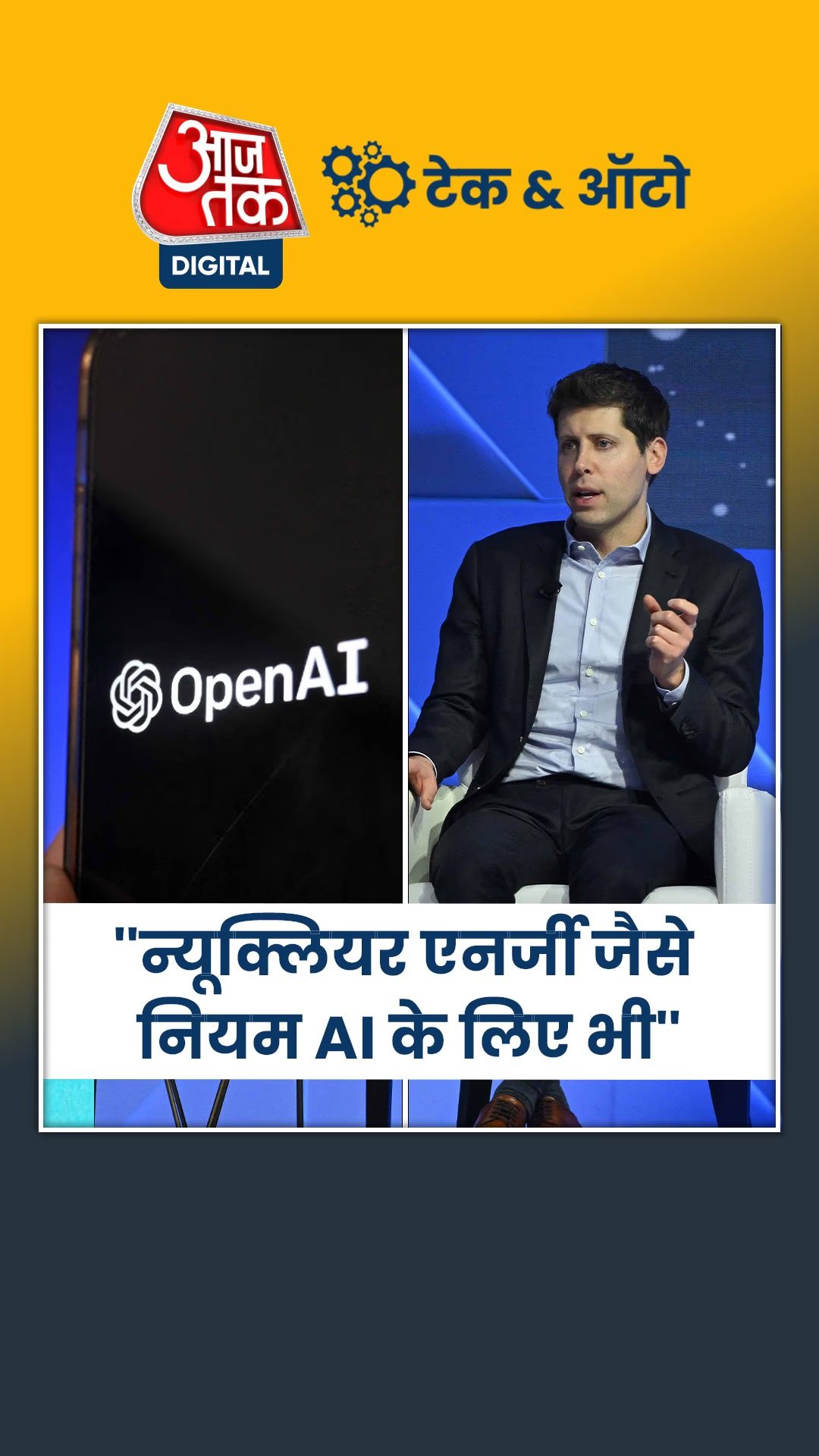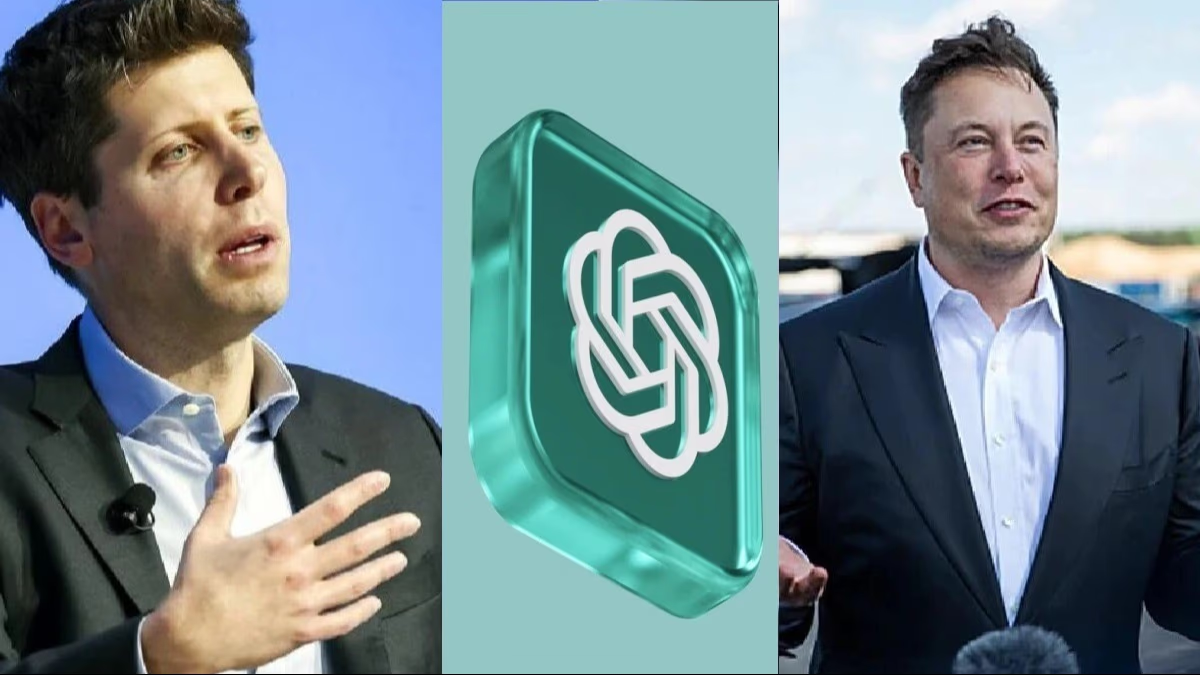Elon Musk is once again in the spotlight. This time, it's due to his involvement with OpenAI, the parent company of ChatGPT. Musk's association with OpenAI dates back to its founding days. Although Musk parted ways with OpenAI, he has now filed a lawsuit against the company and its CEO, Sam Altman.
Musk alleges that Sam broke company contracts and engaged in different business practices. The lawsuit claims OpenAI is prioritizing Microsoft's profits over humanity's well-being.
Sam Altman responded by sharing past communications with Musk, highlighting a Twitter exchange from 2019 where Sam supported Tesla and Musk amidst widespread criticism. These conversations reveal the history between the two.
OpenAI
had Elon Musk among its founding members. Musk left the company in 2018 and is now taking legal action against it.
OpenAI has addressed Musk's allegations, indicating that the feud might deepen. They released a blog post with old emails from Musk, which suggest his previous support for OpenAI's for-profit arm.

Source: aajtak
However strong their friendship seemed, it unraveled due to unresolved issues. Let us trace back to OpenAI's story to understand what went awry, leading Musk to court.
Musk's lawsuit against OpenAI accuses them of violating contracts and straying from their mission to create open-source Artificial General Intelligence (AGI). Musk asserts that OpenAI forgot its promise and partnered with Microsoft, deviating from their original commitment.
OpenAI countered Musk's claims by releasing communication among co-founders. The emails confirmed Musk's support for the for-profit branch.
Musk emphasized positioning Tesla as a contender against Google in AI, signaling financial issues in OpenAI. He proposed linking OpenAI with Tesla, a suggestion resisted by other co-founders.
OpenAI expressed regret over the situation and acknowledged Musk's motivations. They outlined their mission and challenges in the blog post, detailing Musk's exit and the events leading to it.
The blog clarified that Musk departed in 2018 after losing control over the company, seeking majority equity, initial board control, and the CEO position. Such changes were against OpenAI's principles, as they concentrated control with one individual.
Musk has a history of high-profile controversies. His acquisition of Twitter turned into theatrics, with a $44 billion purchase agreement initially balked at. Court interventions eventually saw the deal completed.
Post-acquisition, several changes characterized Musk's tenure at Twitter. He dismissed then CEO Parag Agrawal and other senior members abruptly, transformed Twitter’s verification to a paid service, and even renamed it to X.
Musk’s focus remains on making X profitable, launching the AI chatbot Grok, accessible only to paying customers. He strives to increase X’s revenue, introducing a subscription model and sharing revenue with content creators. His target is to raise X’s ARPU to $30.22 by 2028, up from $24.83 last year.




